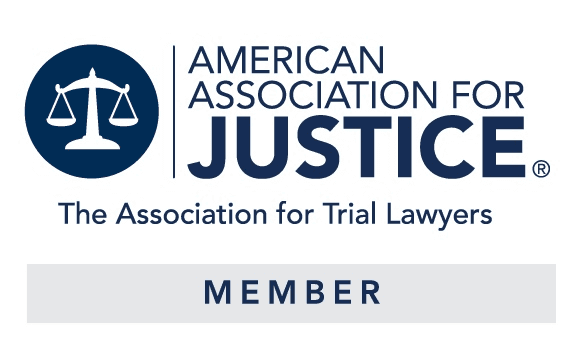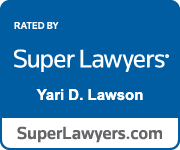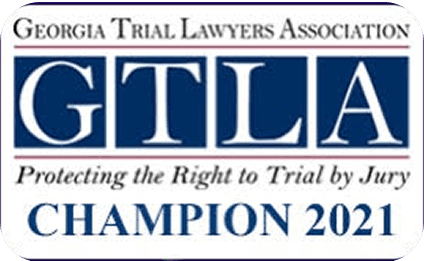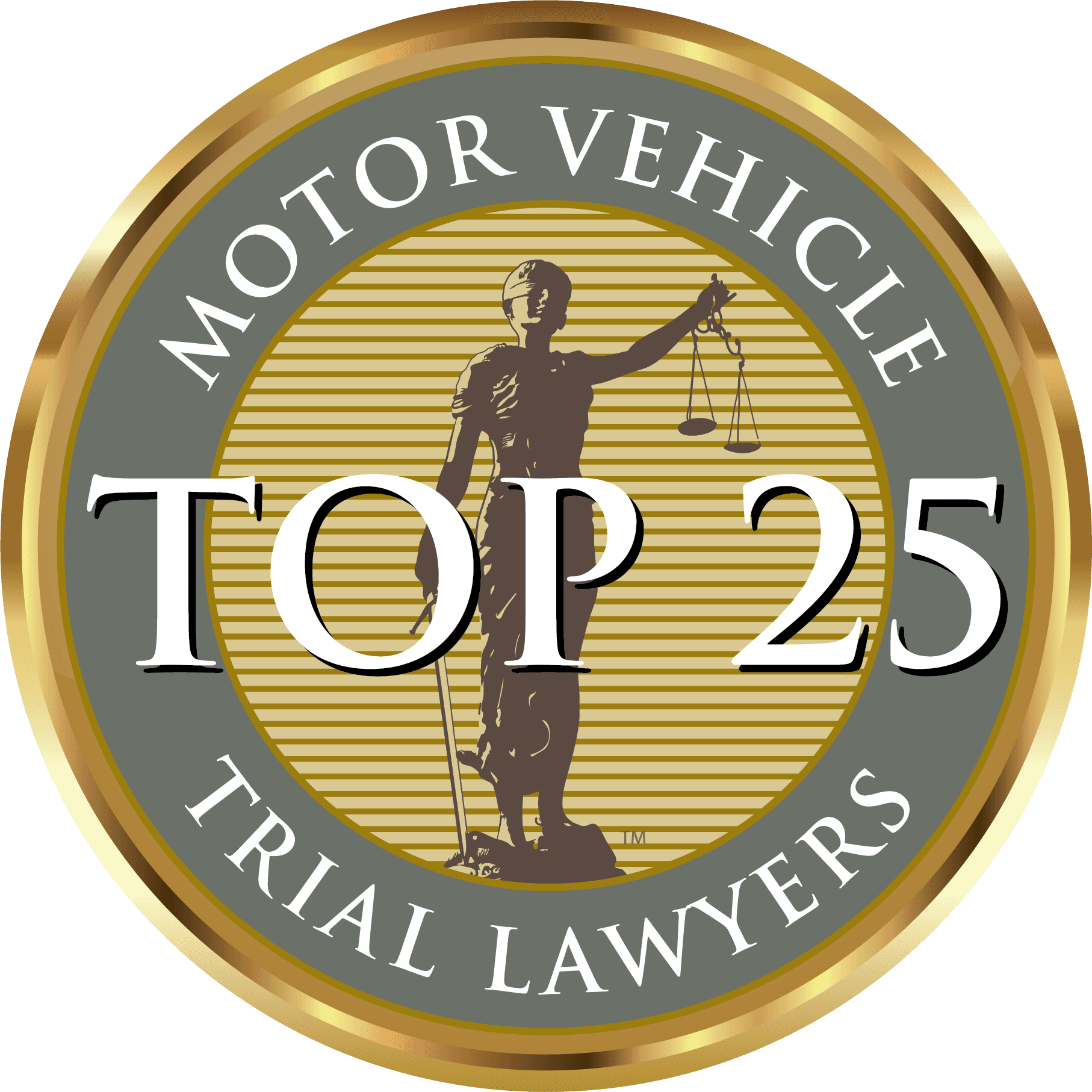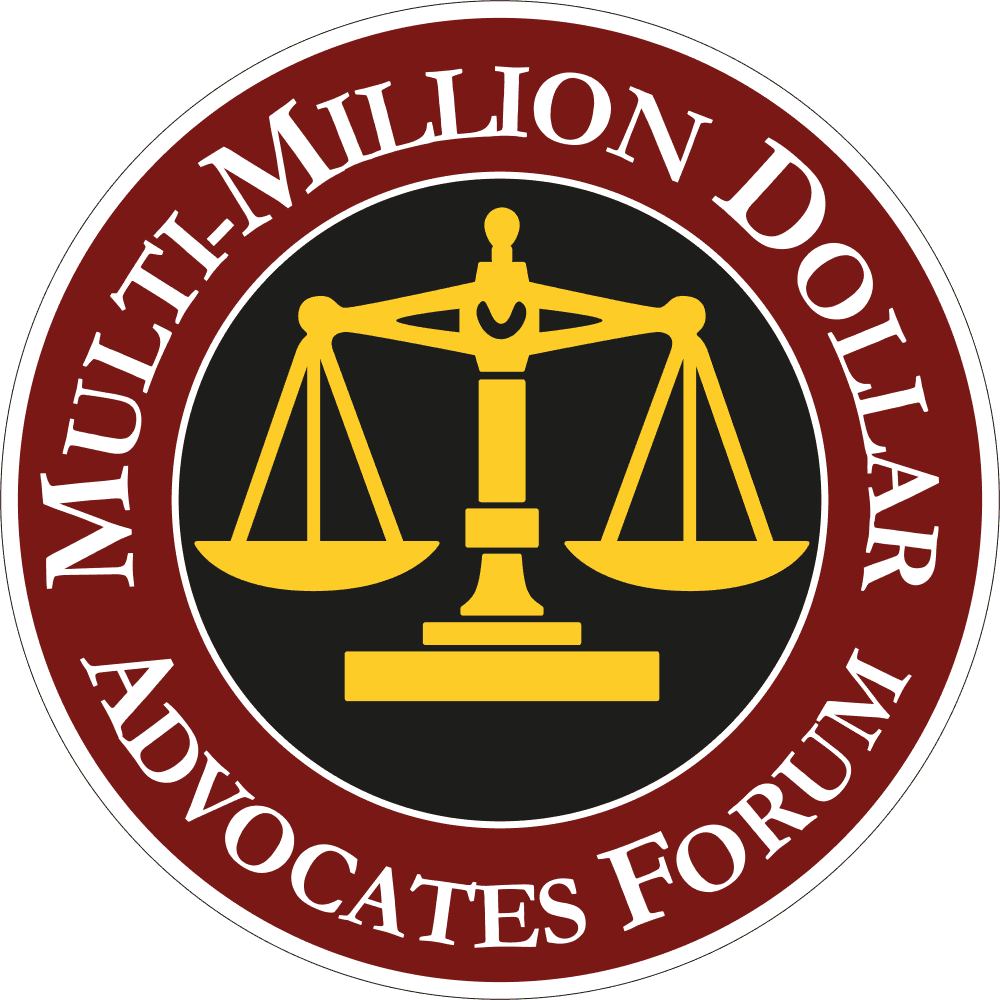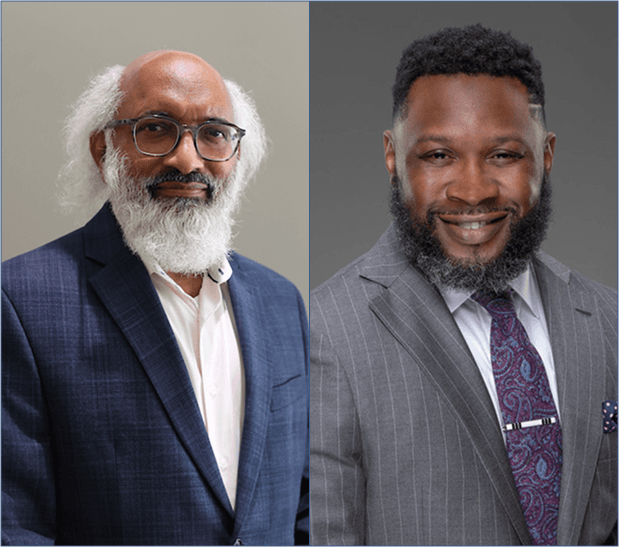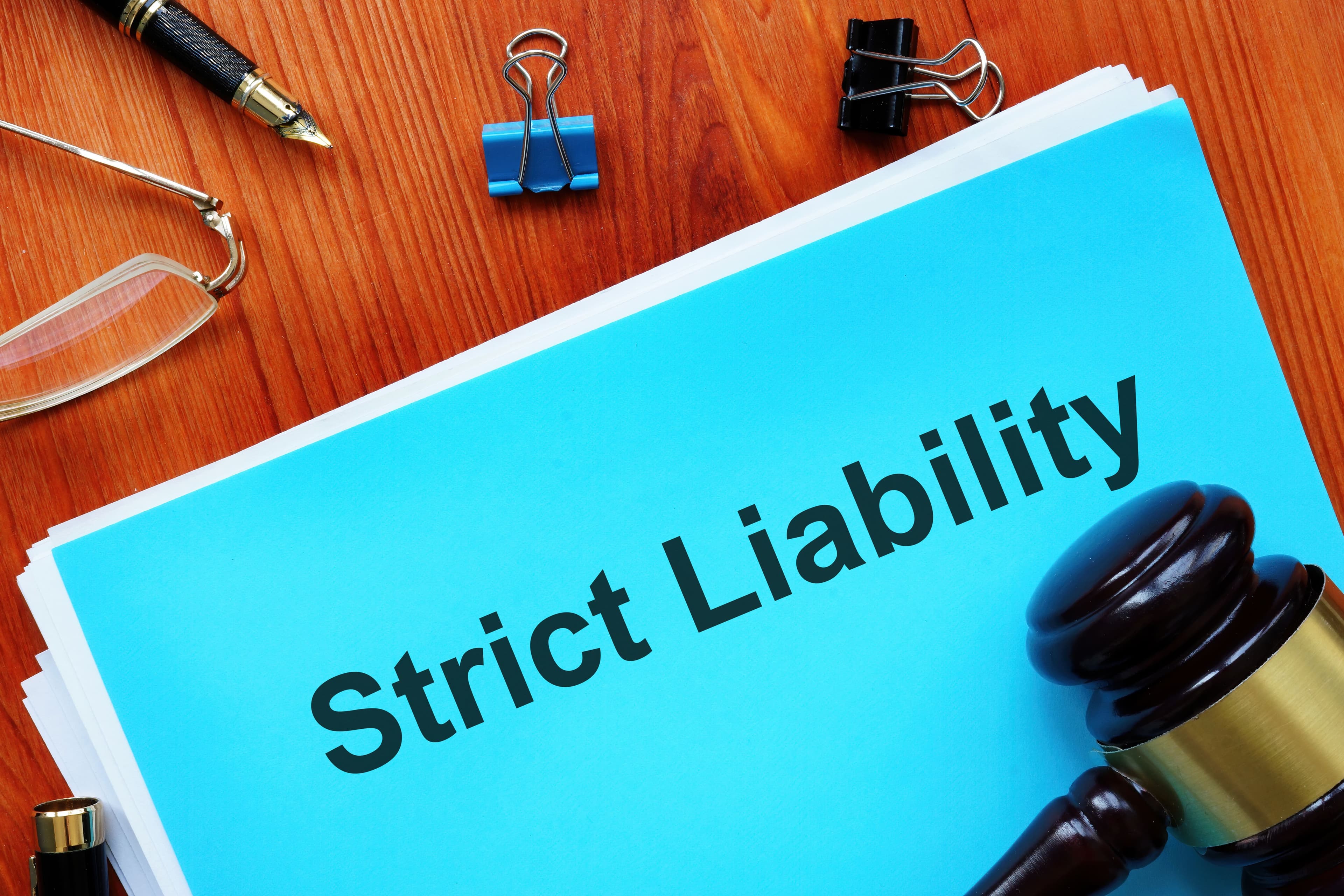
Strict Liability
In Georgia, victims of personal injury may have several legal avenues to pursue compensation—depending on how the injury occurred and the responsible party’s actions. The primary legal justifications for holding someone liable include:
- Strict Liability
- Ordinary Negligence
- Gross Negligence
- Intentional Misconduct
These categories reflect varying degrees of culpability (legal blame). The major distinction lies in whether you must prove that the defendant acted wrongfully or whether you can recover damages regardless of fault, as with strict liability.
How Do These Legal Standards Differ?
Ordinary Negligence
This is the most common basis for personal injury claims. It refers to carelessness or failure to act with reasonable caution. Examples include:
- A driver running a stop sign
- A property owner failing to clean up a wet floor
To succeed in a negligence case, you must prove the defendant breached a duty of care and caused your injury.
Gross Negligence
Gross negligence shows a more serious level of carelessness—a reckless disregard for the safety of others. It is often used to support punitive damages.
For example:
A daycare leaving children unattended near a pool could be considered gross negligence.
In Georgia, punitive damages in most cases are split:
75% goes to the state, and 25% to the plaintiff.
Intentional Misconduct
Intentional misconduct involves actions taken with the purpose or knowledge that harm is likely to occur. Examples include:
- Road rage collisions
- Physical assaults
- Intentionally setting a trap or hazard
These cases can support large punitive damages and often overlap with criminal charges. Civil suits, however, have a lower burden of proof, which makes them easier to win than criminal prosecutions.
What Makes Strict Liability Unique?
Strict liability allows you to win a case without proving fault or negligence. The focus is purely on the dangerous nature of the activity or product, not the defendant’s intent or carelessness.
Here are the four types of strict liability claims in Georgia:
1. Product Liability
A manufacturer, distributor, or retailer can be held liable for injuries caused by a defective product, even if they were not negligent.
To win a strict product liability case, you must prove:
- The product was defective and unreasonably dangerous
- The defect caused your injury
- The product was in essentially the same condition as when it left the manufacturer
- You were using the product as intended
You don’t need to prove who was at fault, only that the defect caused the injury.
2. Abnormally Dangerous Activities
Some activities carry such high risk that anyone engaging in them is automatically liable for injuries they cause. These include:
- Use or transport of hazardous materials
- Blasting or drilling operations
- Handling radioactive or toxic substances
Even when all safety precautions are followed, these activities carry inherent danger, and liability attaches automatically.
3. Keeping Wild Animals
Georgia law bans the private ownership of many wild animals, such as:
- Lions, tigers, wolves
- Crocodiles, alligators
- Venomous snakes
Strict liability applies even if the animal was legally kept or had never acted aggressively before.
4. Dog Bites
Georgia does not follow a true one-bite rule, but owners may be strictly liable if:
- They violated a leash or containment law, or
- They knew the dog had dangerous tendencies and failed to restrain it
The victim must also have not provoked the dog.
Why Hire a Georgia Personal Injury Lawyer?
Strict liability cases can still be complex. You need to:
- Gather strong evidence
- Navigate insurance company defenses
- Understand Georgia’s procedural rules and deadlines
An experienced personal injury lawyer will:
- Identify the best legal theory for your claim
- Maximize your compensatory and punitive damages
- Handle all negotiations and litigation steps on your behalf
Schedule Your Free Case Evaluation
At Kunnatha Lawson LLC, we represent personal injury victims across Georgia, helping them hold reckless or negligent parties fully accountable. If you believe you have a claim based on strict liability, negligence, or misconduct, contact our legal team today.
Call (678) 710-3304 for a free, no-obligation consultation with a Georgia personal injury attorney.
Georgia Personal Injury Lawyers
We focus exclusively on serious personal injury cases, including:
Assault Injuries
Bad Faith Insurance
Bicycle Accident
Brain Injury
Bus Accidents
Car Accidents
Catastrophic Injuries
Child Injuries
Construction Accidents
Dog Bites
If your life was disrupted by someone else's negligence, we're here to restore your power through the law.
